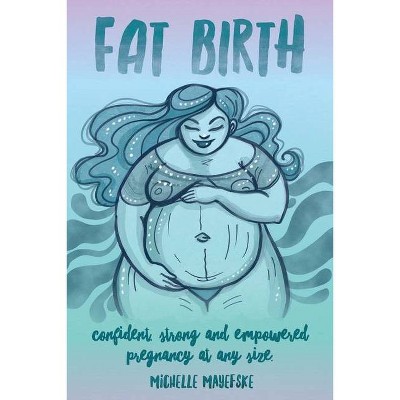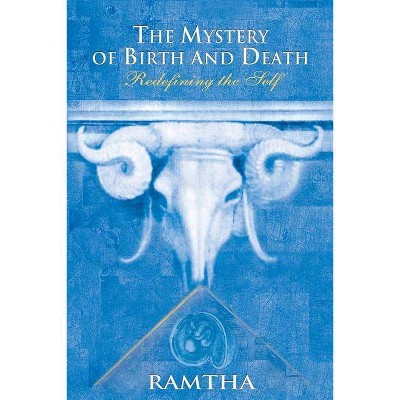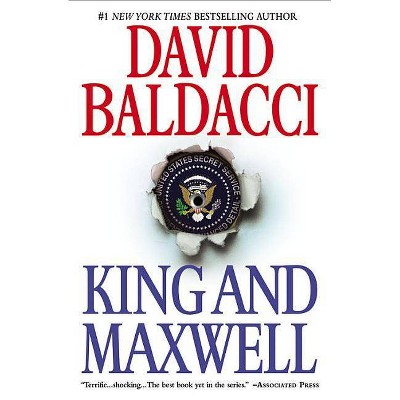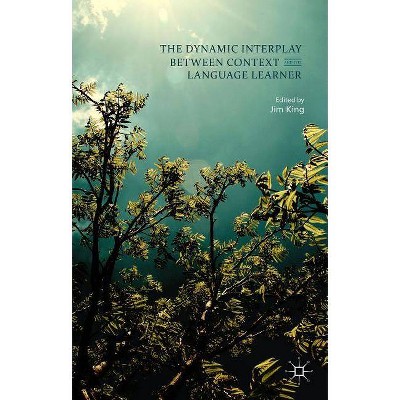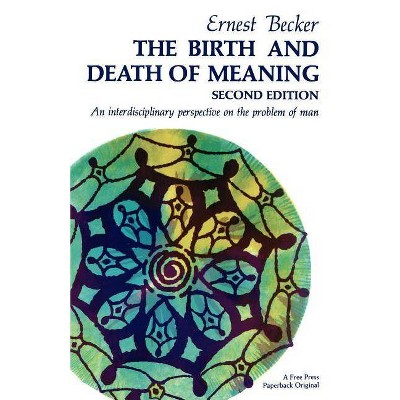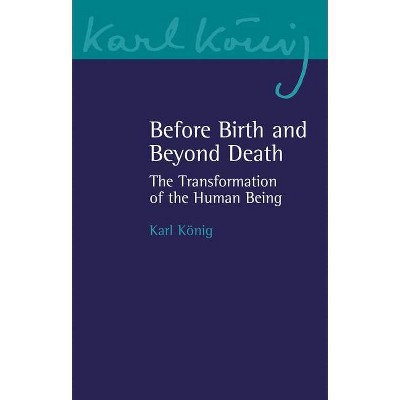Between Birth and Death - by Michelle T King (Hardcover)
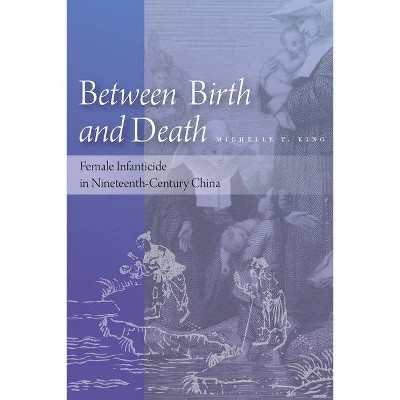
Similar Products
Products of same category from the store
AllProduct info
<p/><br></br><p><b> About the Book </b></p></br></br><i>Between Birth and Death</i> is a critical history of female infanticide in nineteenth-century China, when it was transformed from a moral issue affecting local communities into an emblematic cultural marker of a backwards Chinese civilization.<p/><br></br><p><b> Book Synopsis </b></p></br></br><i>Between Birth and Death</i> is a critical history of female infanticide in nineteenth-century China, when it was transformed from a moral issue affecting local communities into an emblematic cultural marker of a backwards Chinese civilization.<p/><br></br><p><b> Review Quotes </b></p></br></br><br><i>Between Birth and Death</i> locates a significant historical shift in the representation of female infanticide during the nineteenth century . . . Using a wide array of Chinese, French, and English primary sources, the book takes readers on an unusual historical journey, presenting the varied perspectives of those concerned with the fate of an unwanted Chinese daughter.--<i>newbooks.asia</i><br><br>[Michelle King] successfully demonstrates that infanticide was a global practice rather than a Chinese one, and the association between female infanticide and Chinese culture was a creation of the imperial context of the late nineteenth century. To scholars who have emphasized female infanticide as a Chinese problem, King's book will undoubtedly make them rethink their understandings . . . This study provides a useful foundation for understanding the issue of female infanticide in China, historically and contemporarily. It is an excellent addition to the study of female infanticide in China., The book is well written, and each chapter has its related stories, making it a fascinating read.--Hongyan Xiang "Pennsylvania State University, <i>New Asia Books</i>"<br><br>In a compelling and elegantly written book, Michelle T. King offers a sensitive exploration of a tense topic. She evokes a silent--voiceless-- void and the circles of influence and effect that surround [infanticide] . . . King presents her material gracefully, organizing her first several chapters in concentric circles extending outward from the implied presence of a murdered infant . . . Between Birth and Death is rich in detail drawn from sources in Chinese, English, and French.--Tobie Meyer-Fong "<i>Harvard Journal of Asiatic Studies</i>"<br><br>King's research deepens our understanding of gender and imperialism in the nineteenth century by illustrating how imperialist notions of China as a backward and heathen place were constructed in part on dubious claims that identified female infanticide as an emblematically Chinese cultural practice . . . King's fascinating book includes an introduction, conclusion, and five carefully researched chapters that address female infanticide from the perspective of five different groups: women, Confucian scholars, Western China experts, Western missionaries, and Chinese nationalists . . . The book is also richly illustrated with images from nineteenth-century Confucian morality books and Christian missionary publications. All the chapters feature conscientiously framed discussions and arresting vignettes that are absorbing and accessible to undergraduates.--Margaret Kuo "<i>Cross-Currents</i>"<br><br>Michele T. King explores [the topic of female infanticide] in depth and with outstanding sensitivity . . . [She] aims to determine the reason for the 'selective forgetting and collective remembering' of the practice of female infanticide in China and throughout world history . . . The profound and clearly presented book is recommended for college students, specialists, and general audiences.--Jocelyn M. N. Marinescu "<i>Sino-Western Cultural Relations Journal</i>"<br><br>Michelle King has written a fascinating and well-researched account of how infanticide came to be viewed as a characteristically Chinese problem. She examines how infanticide was viewed by participants, as well as local and foreign observers, and explains how Chinese infanticide has had such a strong grip on our minds on the basis of remarkably little evidence other than condemnation of the practice. The book is a pleasure to read, with captivating stories, focusing on individuals who have shaped our ideas about China. It would be an excellent resource for undergraduate teaching and discussion.--Henrietta Harrison "University of Oxford"<br><br>Offers riveting discussions of what infanticide meant to mothers and other women in nineteenth-century China, and to elite men who tried to prevent the practice.--Kathryn Edgerton-Tarpley "San Diego State University"<br><br>This elegantly written, strikingly illustrated book analyzes foreign and domestic perceptions of infanticide in China, with a focus on the years between the First Opium War and the Nanjing Decade. The chapters spiral outward from that intimate moment between birth and death . . . In my reading, their interviews, birth histories, and collations of Chinese sources remain among the best evidence on the frequency and patterns of infanticide in nineteenth-century China; I am grateful to King for restoring these remarkable studies to us.--Fabian Drixler "Yale University, <i>American Historical Review</i>"<br><p/><br></br><p><b> About the Author </b></p></br></br>Michelle T. King is Assistant Professor of History at the University of North Carolina at Chapel Hill.
Price History
Price Archive shows prices from various stores, lets you see history and find the cheapest. There is no actual sale on the website. For all support, inquiry and suggestion messages communication@pricearchive.us
![Birth/Death [LP] - VINYL](https://pisces.bbystatic.com/image2/BestBuy_US/images/products/3196/31968428_so.jpg)
